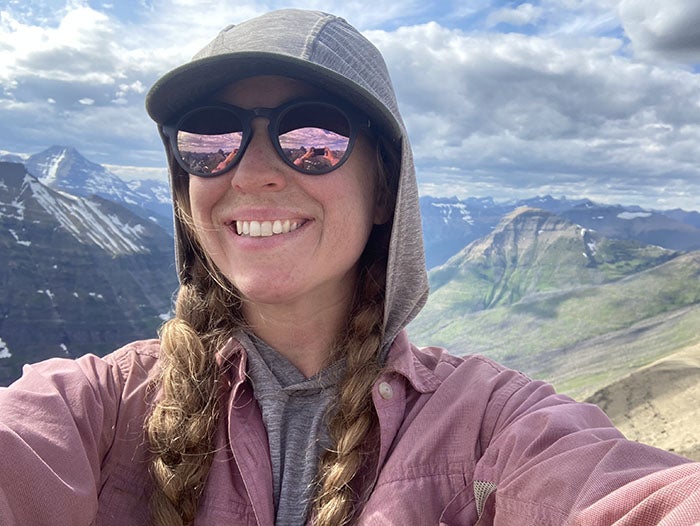Nine Boise State-affiliated students from various disciplines recently earned the recognition of the National Science Foundation (NSF) for the quality and promise of their research endeavors. Four students received offers to join the NSF Graduate Research Fellowship Program .
The program awards outstanding students in STEM-based graduate programs for their meritorious research and promising outlook. This program offers financial support to winners with a $12,000 cost of education allowance for tuition and fees, as well as an annual stipend of $34,000 to each student.
Boise State affiliated NSF GRFP awardees of 2021 include:
- Ashley Bosa, geosciences, volcanology
- Zoe Hutchinson, physics and astronomy
- Jesse Schimpf, a Boise State alumni (B.S., materials science and engineering, ‘20), now enrolled at the University of California Berkeley
- Hannah Spero, geosciences
Five students received an NSF Graduate Research Fellowship Program Honorable Mention in recognition for their research, which is a significant national achievement.
Boise State affiliated NSF GRFP Honorable Mentions of 2021 include:
- Kate Benfield, biomedical engineering
- Tiffany Berntsen, electrical engineering
- Jamie Faselt, ecology
- Jessica Mueller, geochemistry
- Ariel Weltner, materials science and engineering
Use the following links to learn about NSF-recognized students in the College of Engineering, and College of Arts and Sciences.
Meet the NSF-recognized College of Innovation and Design student:

Jamie Faselt
Jamie Faselt is seeking a masters of biology in the Human-Environment Systems Research Group. She grew up in Stillwater, New Jersey. Beyond her academic pursuits she enjoys “anything outside, especially being in the backcountry, practicing yoga, and traveling (when it is possible again).”
Her research is assessing the impacts of social and political fragmentation on the habitat connectivity of the Plains bison (Bison bison). Habitat connectivity enables animal movement and gene flow to persist – critical to species’ long term survival. There is increasing consensus that social and political factors (e.g. political boundaries, land management objectives, and societal values) may create barriers within seemingly intact habitats.
Their impacts on habitat connectivity, though, are less understood. Faselt will study public and tribal bison herds in Montana and Canada to identify areas where conservation projects may have more success given the alignment of ecological value, social willingness, and institutional capacity.